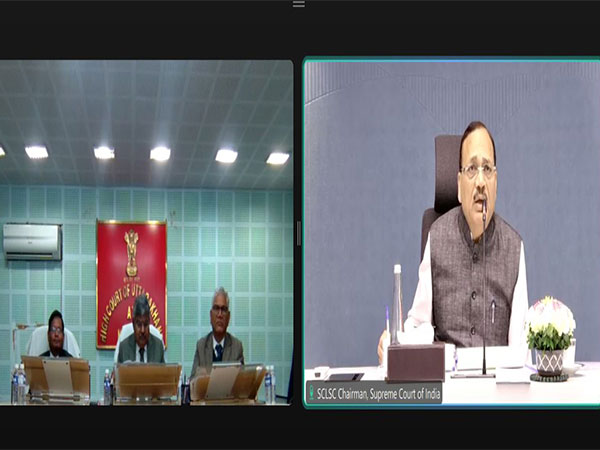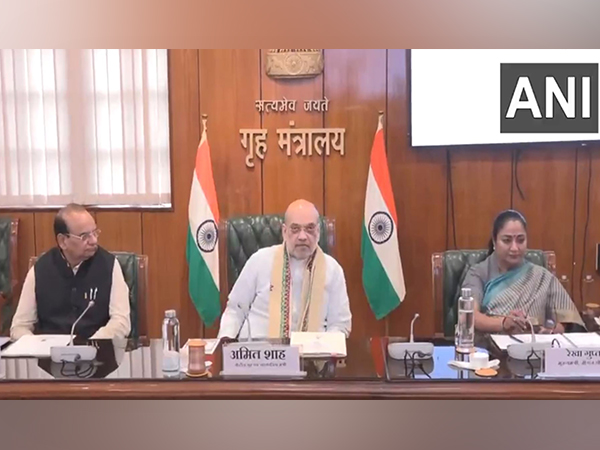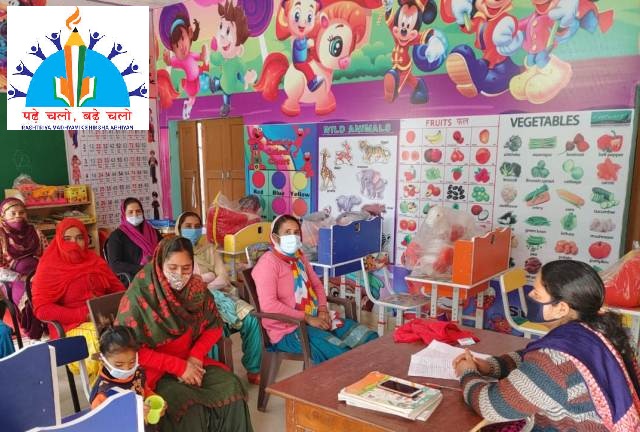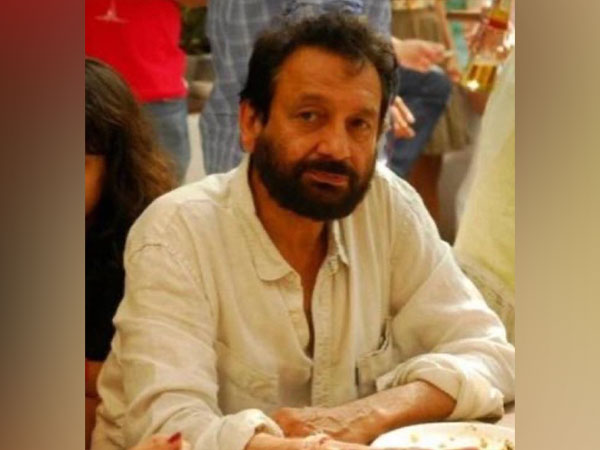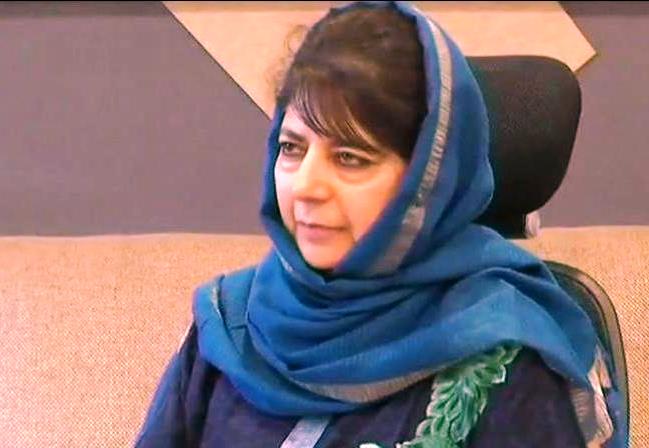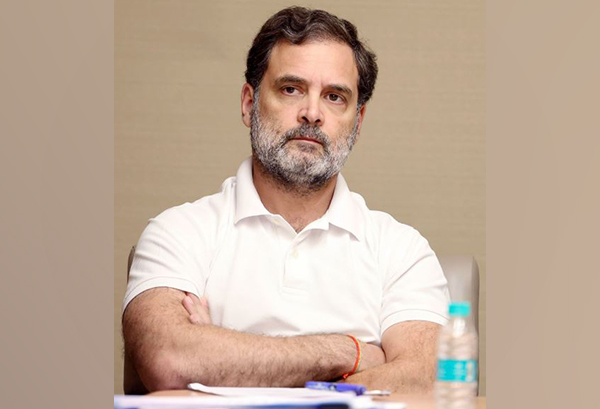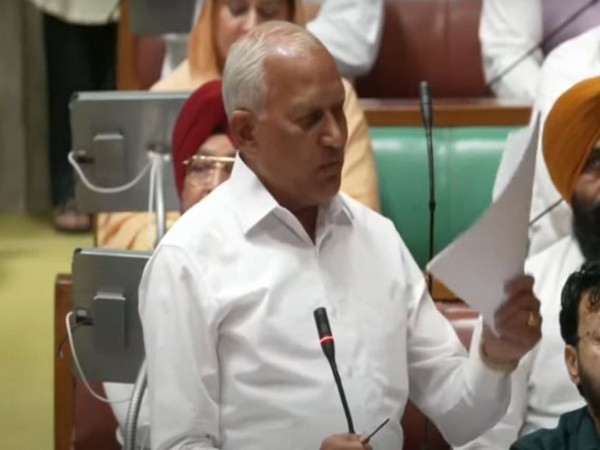Himachal Pradesh’s education system is at a crossroads, grappling with a concerning decline in student enrolment coupled with the need for comprehensive reforms in governance and assessment practices. State is faced with the dual challenge of reversing the trend of dwindling enrolment and overhauling the existing board examination system to align with modern educational goals. Addressing these issues requires a critical examination of the current governance structures and a strategic plan to implement effective reforms.
The current state of enrolment in Himachal Pradesh is disheartening. The decline in student enrolment, particularly in government schools, is alarming. The UDISE+ report for the academic year 2023-24 highlights that government primary schools, which make up 80% of the total schools, now enroll only 54% of the state’s students. This is a significant drop from the 89% enrollment rate seen in 2003-04. This downward trend continues at the upper primary, secondary, and senior secondary levels, reflecting a shift towards private schooling, which is perceived to offer better quality education.
Contributing factors include a declining school-age population, migration to private institutions, and socio-economic changes. The Total Fertility Rate (TFR) in the state has decreased from 1.9 in 2008 to 1.7 in 2021, indicating fewer children entering the school system. Additionally, many parents prefer private schools due to their perceived superior quality, further straining enrolment in government schools.
Governance Challenges
The declining enrolment rates pose significant governance challenges. One of the primary issues is the inefficient allocation of resources, with many schools operating below capacity. This inefficiency leads to increase per-student expenditure without corresponding improvements in educational outcomes. Despite low pupil-teacher ratios (PTR)—11.70 in government schools compared to 14.33 in private schools—learning outcomes have not shown significant progress. The maintenance of school infrastructure is another challenge. Schools with low enrolment struggle with the financial burden of maintaining facilities.
Addressing Educational Challenges
The initiative comes in response to the current educational challenges faced by the state, as highlighted by recent data from the Unified District Information System for Education (UDISE+). The statistics reveal significant disparities in school sizes, teacher-student ratios, and enrollment figures across different districts. For instance, primary schools in the state vary greatly in size, with some having fewer than 10 students. Moreover, there is a stark contrast in the availability of resources between government and private schools, particularly in rural areas.
The government aims to create centers of high-quality education that will set new standards in teaching and learning by establishing Schools of Excellence. These schools will focus on providing quality education through innovative teaching methods, well-trained teachers, and a curriculum that emphasizes critical thinking, creativity, and problem-solving skills.
Transforming the Educational Landscape
In a groundbreaking move to elevate the quality of education in Himachal Pradesh, the state government has unveiled an ambitious plan to establish Rajiv Gandhi Day Boarding Schools and Schools of Excellence across the state. The initiative aims to create a robust and equitable education system that caters to the diverse needs of students, particularly those from rural and remote areas.
The decision to launch these innovative schools was announced after extensive consultations and detailed planning sessions, reflecting the government’s commitment to improving educational outcomes. These schools are set to become models of academic excellence, providing holistic education that includes not just academic learning but also co-curricular activities, sports, and skill development.
The Rajiv Gandhi Day Boarding Schools will offer a comprehensive educational experience, where students will benefit from extended school hours. This model will help bridge the gap between urban and rural education by providing equal opportunities for all students. The boarding schools will be equipped with modern infrastructure, state-of-the-art laboratories, libraries, and sports facilities, ensuring that students receive a well-rounded education.
Board Examination Reforms: A Critical Component
In addition to governance reforms, there is an urgent need to re-evaluate and reform the board examination system in Himachal Pradesh. The current examination model emphasizes rote learning and memorization, which does not align with the evolving educational needs of students. The rigidity of the system often discourages creativity and critical thinking, leading to disinterest and disengagement among students.
Reforming the board examination system is essential for making education more relevant and appealing. These reforms could include:
Shifting from traditional exams to competency-based assessments that evaluate students’ understanding, application of knowledge, and critical thinking skills. This approach encourages deeper learning and better prepares students for real-world challenges.
Implementing Continuous and Comprehensive Assessment throughout the academic year to reduce the stress associated with one-time board exams. This system would assess students on a range of skills, including academics, co-curricular activities, and social behavior.
Incorporating technology in assessments to offer adaptive testing that caters to individual learning paces and styles. This could help create a more personalized learning experience and identify areas where students need additional support.
Board examination reforms would require extensive teacher training to ensure educators are equipped to implement new assessment methodologies effectively. Teachers need to understand how to foster critical thinking and creativity in students.
A Vision for the Future
Himachal Pradesh’s commitment to improving quality of education is not just about building new schools; it’s about reimagining the entire educational ecosystem. The state’s focus on equity and excellence in education is reflected in its commitment to increasing the percentage of students enrolling in secondary and senior secondary education. The government’s plan includes significant investment in teacher training, infrastructure development, and the use of technology in classrooms.
The financial commitment to these initiatives is substantial, with a significant portion of the education budget allocated to teacher salaries, training, and school infrastructure. This focus on resource allocation ensures that the new schools will be sustainable and capable of delivering high-quality education over the long term.
The establishment of Rajiv Gandhi Day Boarding Schools and Schools of Excellence marks a new chapter in the educational history of Himachal Pradesh. This initiative is expected to not only improve educational outcomes but also to contribute to the overall socio-economic development of the state. With these efforts, Himachal Pradesh is poised to become a leader in educational reform, setting an example for other states in India to follow.
As these schools begin to take shape, the government remains committed to monitoring progress and making necessary adjustments to ensure that every child in Himachal Pradesh has access to the quality education they deserve. The future of the state’s education system looks promising, with the potential to transform the lives of thousands of students and to create a brighter future for generations to come.
The author is State Project Director, Samagra Shiksha Himachal Pradesh. Views expressed are personal
